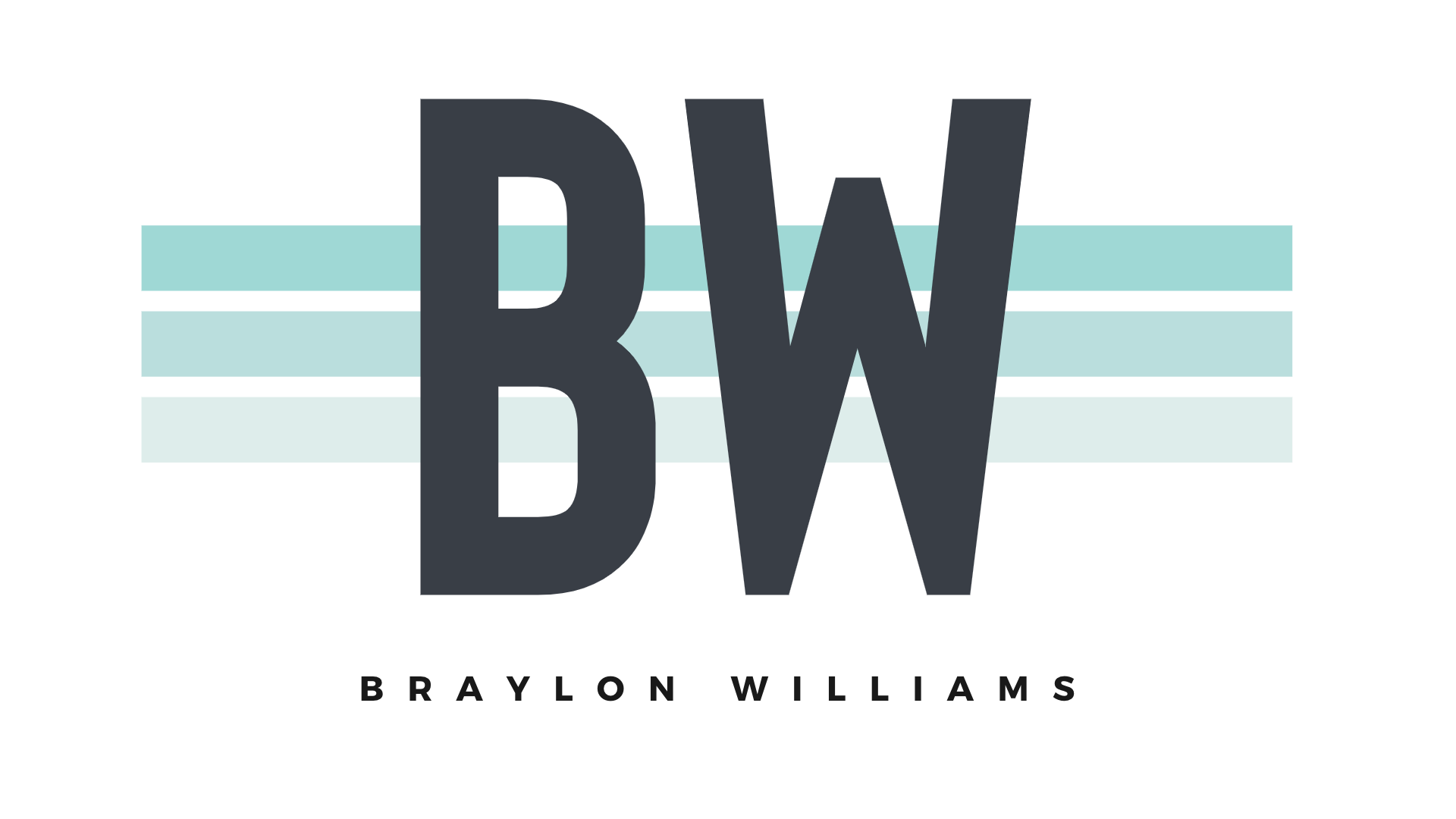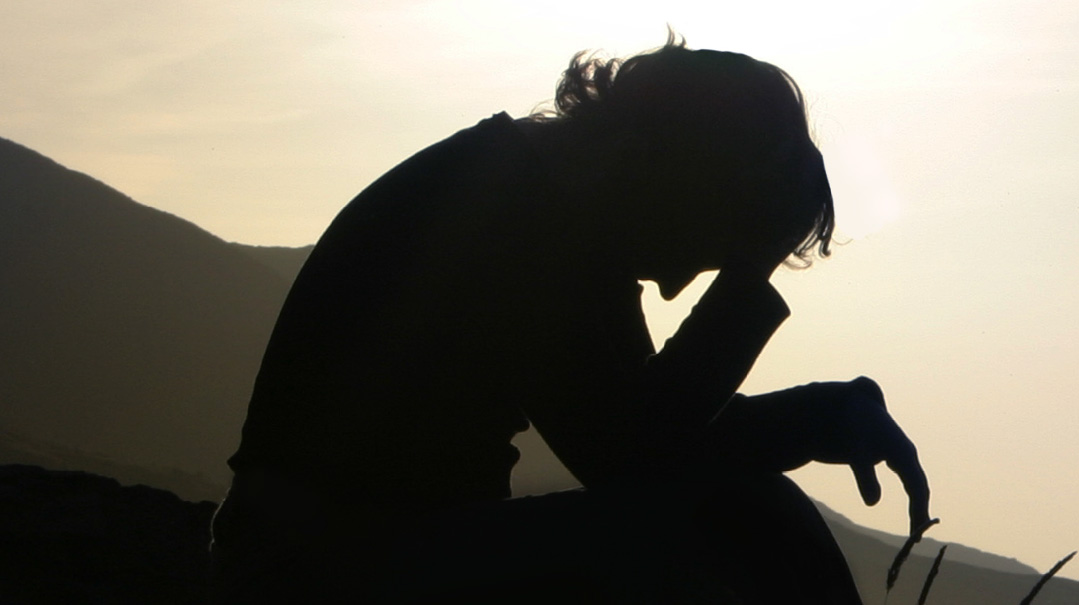Let’s talk about the R-Word…
Regret!
As I have been considering how I want to move through the next phase of my life, I have often caught myself reflecting on my regrets. I’ve been thinking about the power of regret, the recent regrets that haunt me the most, and the lessons that I’ve learned from my regrets.
Let’s start at the very beginning… what is regret? Simply put, to me, it is the possibilities of what could have been. Merriam-Webster Dictionary defines it as “to mourn the loss or death of.” But I think the best way to think of regret is how author Daniel H. Pink phrases it in his book The Power of Regret: How Looking Backward Moves Us Forward (Click here to purchase a copy), “Regret is better understood less as a thing and more as a process.”
This process begins with two abilities—two unique capacities of our minds. We can visit the past and the future in our heads. And we can tell the story of something that never actually happened… These two capabilities twine together to form the cognitive double helix that gives life to regret.1 – Daniel Pink
Within this process, is something called counterfactuals which is our ability to imagine events that are opposite of the facts. “Split the adjective in two and its meaning is evident. We can concoct events that run counter to the actual facts.”2
And even deeper into the process—beyond the counterfactuals—is “The Paradox of Pain and The Pain of Paradox.”3 Leading the charge of the Paradox of Pain is the captain named At Leasts. He comes in on his horse calling out cry of hope and optimism… at least we’re not dead yet! On the other hand, there stands the captain of the Pain of Paradox, and as he stands looking out of the bloody battlefield, he decries something less optimistic and more defeatist. If only… if only we had planned our course of action better.
I not even begin to study the relation of which counterfactuals are more occurring within the four core regrets (I talk about those in a minute), but as I have been reflecting on my regrets and which core regret is more prominent in my life, I am shrouded with a cloud of If Onlys.
If only I had not waited so long to talk to her.
If only I had not been so scared that I would doing that would set me back.
If only I had tried harder.
And the list goes on.
One last about this before I talk the four core regrets and what I have reflected on so far in my life as far as regrets go.
At Least counterfactuals preserve our feelings in the moment, but they rarely enhance our decisions or performance in the future. If Only counterfactuals degrade our feelings now, but—and this is key—they can improve our lives later. Regret is the quintessential upward counterfactual—the ultimate If Only. The source of its power, scientists are discovering, is that it muddles the conventional pain-pleasure calculus. Its very purpose is to make us feel worse—because by making us feel worse today, regret helps us do better tomorrow.4 – Daniel Pink
There is something about regret that I found very interesting when first read Pink’s book, The Power of Regret. But somehow I had forgotten about this until I was doing the outline for this post, so being “surprised again” by this concept was, honestly, refreshing. What is this concept?
There are four core regrets. There are Foundation Regrets which encompass “our failure to be responsible, conscientious, or prudent.” There are Boldness Regrets… “What haunts us is the inaction itself.” There are Moral Regrets which story the moments of “When we behave poorly, or compromise our belief in our own goodness…” And lastly, there are Connection Regrets which are exactly what they sound like… relationship regrets.
Our actions give our lives direction. But other people give those lives purpose. A massive number of human regrets stem from our failure to recognize and honor this principle. Fractured or unrealized relationships with spouses, partners, parents, children, siblings, friends, classmates, and colleagues constitute the largest deep structure category of regret. Connection regrets arise any time we neglect the people who help establish our own sense of wholeness. When those relationships fray or disappear or never develop, we feel an abiding loss.5 – Daniel Pink
And, boy, do I know about those connection regrets! As I have been reflecting on my personal regrets, I have realized that most of my regrets—maybe 99%—are connections regrets. But if I’m being honest, I’m not surprised by this because of the way I was raised plus the emotional makeup of my Enneagram Type coupled with my need to feel admired.
When I was thinking and trying to enumerate my regrets, I, of course, was faced with my biggest regret to date. This is the one that haunts me the most—day to day. What might that regret be? It’s being too passive when it comes to finding love, specifically with one specific person… Riley. I’ve told the story of how we met and how I asked her out two days before the pandemic in 2020, but what I’ve never told is the not so glamorous part of the story. I’ve never told the part that doesn’t make me look so good—the part where I did nothing. Because as an Enneagram Three, I never want to admit that I took no action and essentially failed.
But ultimately, that’s the part of the story that leads to another one of my regrets… my regret of not trying to engage in intimate relationships and remaining distant and never really making any meaningful connections. There’s no doubt that my inability to be intimate stems from a fear caused by a childhood memory. But I never realized how much that fear—an unrecognized fear that developed almost twenty years ago—was affecting me until this year.
Although most of my regrets are connection regrets, like 99%, I have a few other regrets. My most notable and most recent might be my inability to change my educational goals and playing life too safe.
I was the first in my immediate family to attend a four-year university, in fact, an out of state university. I televised my plans for what degree I intended on getting and stood by choice so hard that when I saw my chances of attaining that degree was very small, I couldn’t adapt (which, honestly, is strange because one of my top five strengths is adaptability) to try a new degree program. At the time, I told myself that doing so would set me back in my graduation timeline; however, I later recognized that it was my fear of admitting failure that I didn’t allow myself to adapt.
When I think about the culmination of these regrets along with a litany of regrets that I didn’t address in this post, they all surmise to one big point… living non-committal life. But why live non-committal life?
I have given a lot of thought to that question. And what I’ve come up with is that living a non-committal life feeds my desire to praise and admiration. If I only commit to things to a certain extent, then I can adapt to whatever is the next thing that makes people admire and praise me.
Alright, I’ve said a lot…
As I close out this post, I want to talk about three lessons that I’ve learned from regret—more succinctly—two lessons because the first one is more of a reminder from two television shows.
The first of these two reminders is from the first episode of Scandal. There’s scene where one of Olivia Pope’s friends/colleagues is getting cold feet inside of the coat-check at a restaurant because he’s about to propose, so in his nervous breakdown he calls Olivia to come talk to him. And Olivia Pope says, “If it doesn’t work, it doesn’t work. But you have to try, because if you try, if you leap and you try, and it doesn’t work out, it’s not on you.” Of course, in the context of the scene, she’s referring to a marriage proposal. However, this has become so imprinted on my mind that I now apply to every aspect of life when I’m having doubt.
The second reminder is from the tv show Supergirl. And since this one is more of a conversation rather a pointed quote from a conversation, I would like to play it for you…
Although this conversation between Cat and Kara is another good one to use universally, it’s tough for me to apply to anything other than one specific situation because when I first saw this episode, I was considering if I should ask Riley out on a date. So, now any time I watch that conversation again or even think about, there’s a slight pain that is attached to because of the way things with Riley turned out, but yet still, I’m also encouraged to dive again.
But I’ve also learned from my regrets that, one, fear is the foundation of regret. As humans we long to feel positive emotions; however, when take chances we are inviting the opportunity for negative emotions to come in. Often times we can be too scared to shake up the status quo because the status quo is comfortable and peaceful whereas risk is not.
Two, to dive in those waters Cat was talking about is scary as hell, but you might be surprised by the outcome. When I took Cat’s advice and made my dive, I was surprised because when it came asking girls out on dates, my track record was always an immediate “no.” However, when I asked Riley out it was a “yes.” Now, unfortunately, my timing was the best because I did literally two days the COVID pandemic was declared, so that date never happened because of that and my late inaction. Which is strange because as Kara Danvers said, “In some areas of my life, I feel so strong and confident. In every other area… I don’t know what to do.” If I were to quantify my regrets, I would say that 99% are connection regrets and 1% are all other regrets. And in that small 1%, I have felt so strong and confident, as opposed to the fact that I have never felt strong nor confident when it comes to making meaningful connections.
I know that this post is longer than usual, so I want to leave you this…
Don’t be scared to dive because if you try and it doesn’t work out, then it’s not on you. I also want to encourage you to purchase a copy Daniel H. Pink’s book The Power of Regret: How Looking Backward Moves Us Forward which you can do by visiting my Bookshop just click this link.
*Disclosure: I am an affiliate of Bookshop.org and I will earn a commission if you click through and make a purchase.
- Pink, Daniel H., The Power of Regret: How Looking Backward Moves Us Forward, p. 18.
- Pink, The Power of Regret, p. 33.
- Pink, The Power of Regret, p. 37.
- Pink, The Power of Regret, p. 38-39.
- Pink, The Power of Regret, p. 80.


Leave a Reply